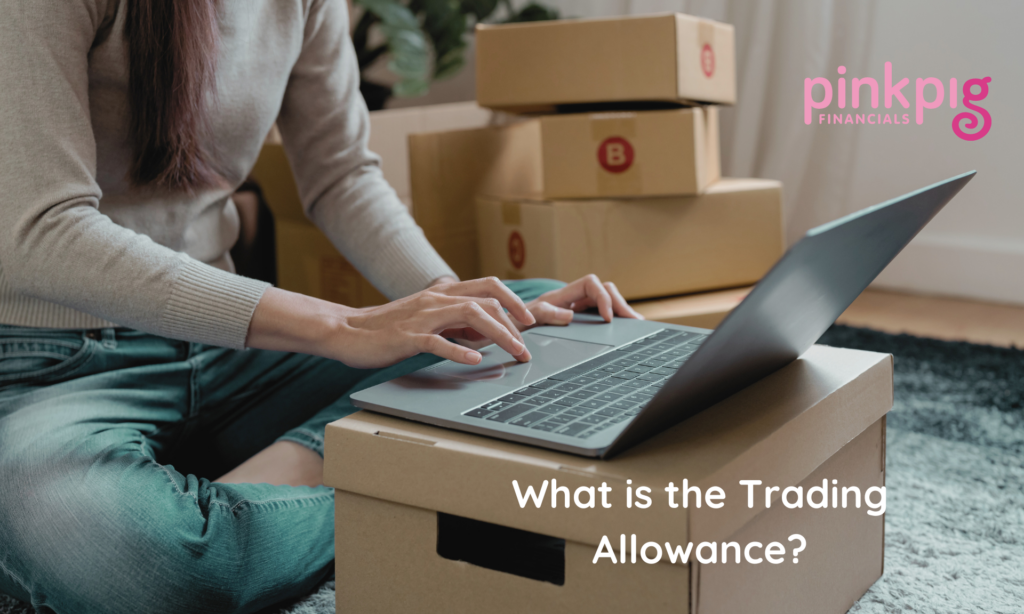In the labyrinth of tax regulations, the trading allowance emerges as a beacon of simplicity for small business owners and side-hustle enthusiasts. Let’s look at this provision and see how it can benefit you.
So what is the Trading Allowance?
Think of the trading allowance as a tax-free threshold. Launched in April 2017, it allows individuals earning up to £1,000 turnover from a small business or side job to enjoy this income without tax implications.
The £1,000 threshold is based on turnover NOT profit within each tax year, so from 6th April – 5th April each year.
This allowance is a significant benefit for individuals involved in freelance activities, crafting and selling their own products, or offering part-time services.
When doesn’t the trading allowance apply?
Not all income qualifies for this allowance. If your earnings are tied to your employment, come from a partnership, or a LTD company that you own, the trading allowance isn’t applicable.
A tax relief for the self employed
If you’re navigating the self-employment journey and your income is under the £1,000 mark, the trading allowance can be your shortcut through the tax maze as you do not need to complete a tax return. Surpassing this limit calls for registration and tax returns.
Crossing the threshold isn’t a bad thing, it’s actually a huge positive.
Now you may be thinking ‘Wait what?!… Paying tax isn’t positive!’
Owing tax shows that you have a growing business that is doing well and that is something to be proud of!
You just need to make sure you have the right support so that you have peace of mind that everything is ticking over correctly.
Blog Suggestion: When should I register for self assessment?
Balancing Expenses and Allowances
Here lies the strategic crossroads: you can either opt for the £1,000 trading allowance or go the traditional route of deducting actual business expenses from your income.
You have to pick one or the other, you can’t have both.
Opting for the trading allowance means saying no to other expense claims or capital allowances.
So when making your decision, consider which option is the best for you. For those with considerable business expenses, deducting your actual business expenses will probably offer greater tax relief than the £1,000 allowance.
Is the Trading Allowance Your Best Bet?
The decision to go for the trading allowance hinges on your unique business scenario. It’s a balance between ease and economic efficiency. When in doubt, seeking advice from an accountant can help illuminate the best path for you.
If you are already a PPF client, we will advise the best course of action for your individual circumstances as part of our service.
Not a Client Yet? Let’s Change That!
Our team is here to help transform your finances so you can spend more time on what matters most.
We take the stress out of your accounts, maximise your time, and provide the expert guidance you need to reach your goals.
Complete our Quick Questionnaire and we’ll be in touch to book in a 15 min Discovery call shortly.

